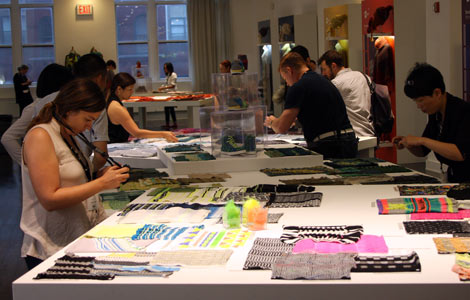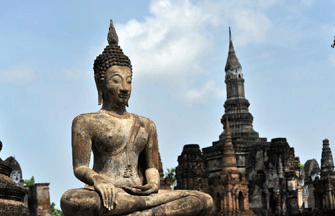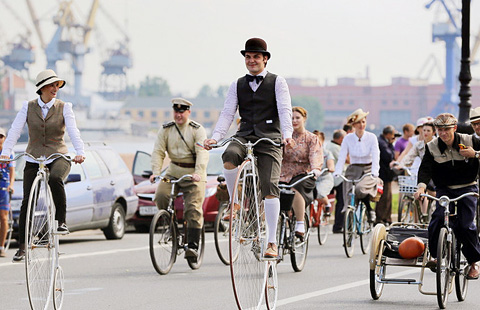A bike ride helps Cuban editor fit into Chinese society
Updated: 2014-07-22 10:57
By Chen Weihua in Havana (China Daily USA)
|
||||||||

Before Luis Melian Alfonso went from Cuba to China for the first time in 1993, he had already read and heard about the bike kingdom, but when he got there, he was still surprised and fascinated to see so many people, especially women, going to and from work by bike, and carrying their children.
Melian found it a good way to fit into the Chinese society. "A few months later, I rode bike to and from work to feel close to the Chinese people," he said, despite the fact that there was a shuttle bus to take him to work and then back home.
"If you are in a foreign country, you cannot say you're close to the people if you're not close to the working people,"
During his three years work at the Xinhua News Agency as a Spanish language copy editor, Melian had many contacts with the Chinese people. He found that the Chinese always raised two names when talking about Cuba, one being Cuban leader Fidel Castro, the other Luis.
But that Luis was not him, as he got confused a few times at first. The Chinese were referring to Mireya Luis, the legendary Cuban volleyball player, who has been regarded a "nemesis" by the then powerful Chinese national women's volleyball team. In those years, the Chinese team had also clinched everything from Olympic gold medal to world championship.
Melian was proud that when the Chinese marveled at how the small island nation on the Caribbean produced such great sports player. Mireya, as she is called, has been known for her spectacular jumping power.
"She is very much respected in Cuba," he said.
At Xinhua, Melian found himself not just welcomed but useful to help the many young Chinese journalists who have studied Spanish in colleges. He wanted to make sure the stories are in their best quality when they go on wire. But he said he did admire the students for their ability to master Spanish.
Going back to cover the Beijing Olympics in 2008 for Prensa Latina, Melian found that China has made a major stride ahead.
He returned to China in 2009 as a correspondent for Prensa Latina and stayed there until 2012.
Melian traveled in China, to places such as Zhengzhou in central China's Henan province, where the local company, Yutong, has been manufacturing buses for Cuba. Yutong buses have been running on Havana streets and more are expected to come and probably assembled in Cuba in the coming years.
He said Cubans start to know more about China now when Chinese students are coming to Cuba to study and Cuba is also training Chinese doctors, translators and nurses.
"We may not know your 5,000-year history, But we (Cubans) know you want to build a modern and prosperous country by 2020," he said.
"If you can do that, why can't we? We should try that, we should do that here too," he said. While many people believe that the Cuban government is learning from China in launching a special development zone, Melian said it doesn't matter whose idea it is.
"The important thing is that we believe we are doing things to keep our socialism alive, and improve our people's living standards," he said.
Melian believes mistakes have been made, but there have also been big accomplishments, he said, adding that the government is asking everyone to join the government to solve the problems.
Like many, he cited Cuba's free medical system and education system as proud examples that benefit every Cuban, regardless their race and social status.
"We look at China and everyone who is working hard to improve their people's living standards. We can learn from that and we'll learn from that," he said.
He described it as a reason why Chinese President Xi Jinping is coming to Cuba and Cuban President Raul Castro went to China in 2012, to exchange and learn from each other.
But he emphasized that it's not the first time Chinese leaders visited Cuba. While Raul Castro went to China in 2012, former Chinese president Hu Jintao visited Cuba a few times and Chinese president Jiang Zemin also visited Cuba when the Caribbean nation was hardest hit by the hardship following the collapse of socialist countries in East Europe, Jiang was among the first foreign leaders to come and offer help.
"Cuba never forgets that," Melian said.
(China Daily USA 07/22/2014 page3)
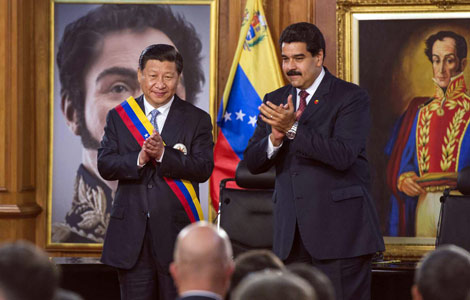
 President Xi honored in Venezuela
President Xi honored in Venezuela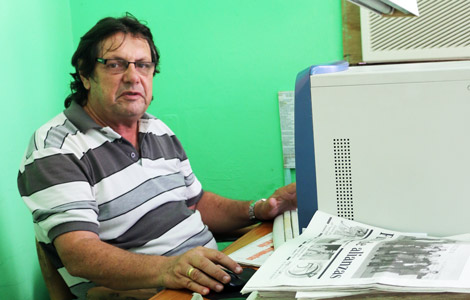
 A bike ride helps Cuban editor fit into Chinese society
A bike ride helps Cuban editor fit into Chinese society
 Chinese students fall for Cuba
Chinese students fall for Cuba
 Osmani Castillo — Cuban chef in China
Osmani Castillo — Cuban chef in China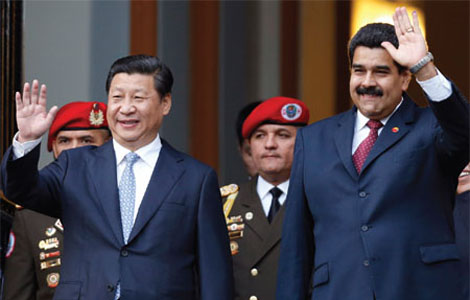
 Xi's visit takes China-Venezuela ties to a 'strategic' level
Xi's visit takes China-Venezuela ties to a 'strategic' level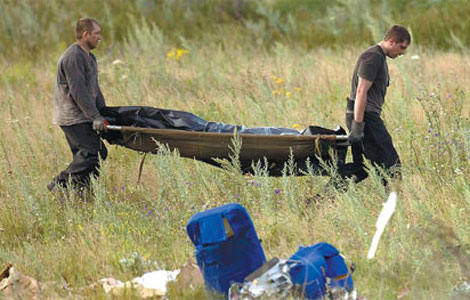
 Separatists take black boxes, bodies
Separatists take black boxes, bodies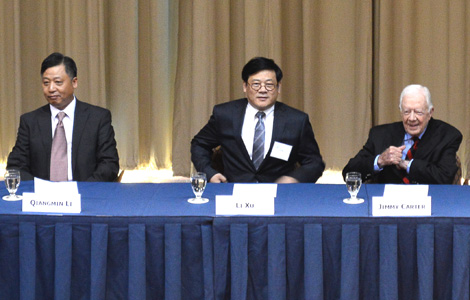
 Former president Carter lauds US-China relations
Former president Carter lauds US-China relations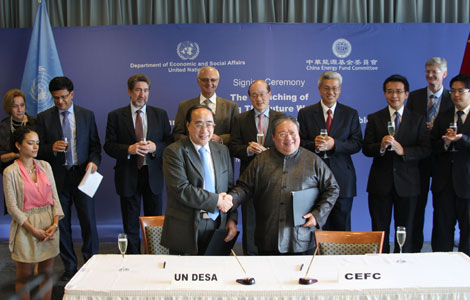
 UN energy program to lift China fund
UN energy program to lift China fund
Most Viewed
Editor's Picks

|

|

|

|

|

|
Today's Top News
RMB developing quickly as major world currency
China, Cuba to further advance ties
Chinese get to know Cuba through salsa
Caracas seeks to lure more Chinese tourists
Xi arrives in Venezuela for state visit
Chinese students rank highest in financial literacy test
Chinese President Xi leaves for Venezuela
Black boxes of MH17 under 'control': rebels
US Weekly

|

|

